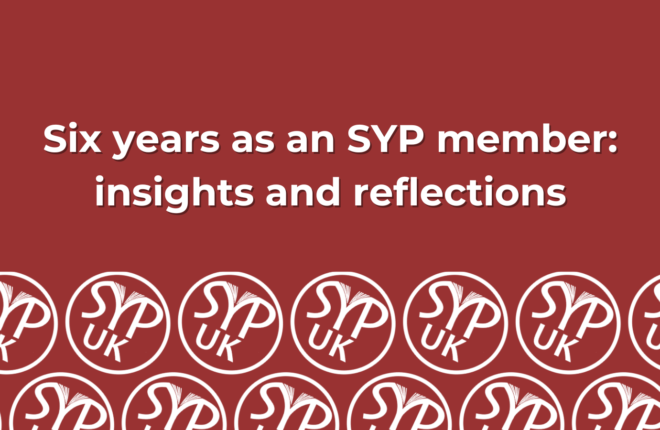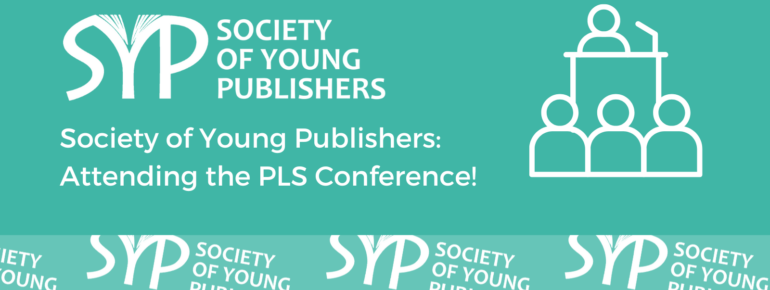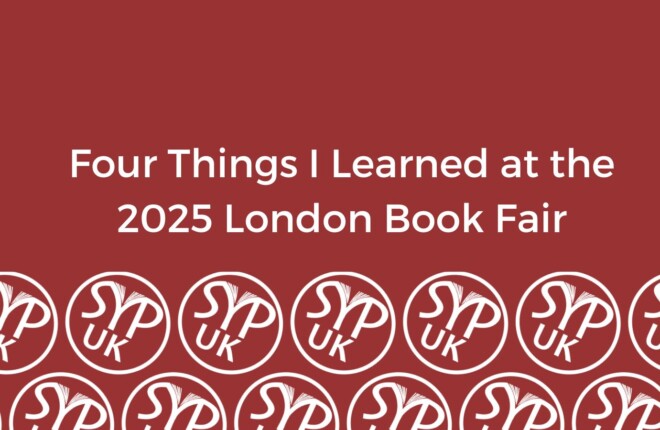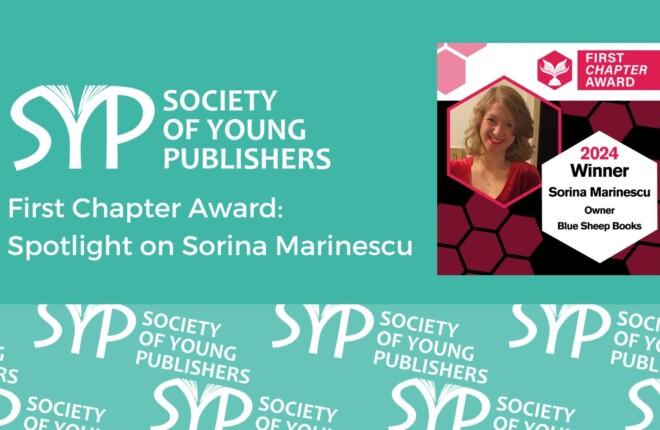
SYP Attends the PLS Conference
Posted on August 19, 2024 in UK

On 4th July 2024, the Society of Young Publishers (SYP) was delighted to attend the Publishers’ Licensing Services (PLS) conference in London. PLS provides collective licensing services for publishers, and the conference covered topics such as rights and licensing, sustainability, the impact of artificial intelligence, and the latest industry developments.
Other non-profit exhibitors at the conference included the Independent Publishers Guild, PPA, the Publishers Association, and more. Members of SYP UK and SYP London attended, and it was fantastic to connect with so many different organisations working within the industry!
Some of our team attended various sessions at the conference, learning about the future of selling rights and the potential impact of politics on copyright and the publishing industry. Unsurprisingly, artificial intelligence was a hot topic!
What is Collective Licensing?
Klara, an SYP London Student Outreach Officer, attended the session “An Introduction to Collective Licensing and the Role of PLS.” As a publishing hopeful, collective licensing and rights are relatively new concepts for Klara, making the conference an excellent opportunity to delve into these topics.
So, what is collective licensing?
Klara provided the following summary:
Many institutions like schools, businesses, and public sectors need to use protected works. Copyright law requires these users to get permission from rights holders before reusing content. However, the rights to that content could be owned by the publisher, the artist, or a combination of both. Thus, institutions may need to get permission from thousands of rights holders.
Collective licensing allows users to reuse content without needing individual permissions each time. It also ensures that authors receive payments without being inundated with low-value transaction requests.
AI and Publishing
Artificial intelligence was a major point of discussion at the conference.
In the session on collective licensing, Klara learnt that generative AI is a significant issue for collective licensing. AI companies often use large volumes of content without permission to train models, and published content is frequently used as prompts for generative AI tools. The consensus is that copyright laws in these situations are too complex, and AI platforms tend to ignore them or legitimise copyright theft through legal exemptions. PLS is actively developing collective licensing solutions to make legislators and big tech companies aware of its practicality and scalability.
Annie, our UK Jobs and Student Outreach lead, attended a session titled “AI, Publishing, and Copyright: A Legal Overview” and highlighted the importance of open communication with clients and partners regarding author contracts. She emphasised that rights professionals should always be transparent and maintain open communication with their counterparts.
ALPSP Presents: Global Copyright Issues in AI & Publishing
Klara also attended a session by the Association of Learned and Professional Society Publishers (ALPSP) on global copyright issues in AI and publishing. The session began by questioning if reproducing an AI-generated image in a blog would result in copyright infringement.
In the case of Li v Liu (China 2023), the court focused on human involvement, ruling that the human plaintiff who gave the AI the prompts owns the copyright due to their “intellectual investment” and “personalised expression.” Essentially, the human plaintiff created the image in their mind’s eye, and the AI tool simply brought it into existence.
ALPSP compared AI to photocopying, noting that collective licensing developed because of photocopying advancements, making it a good fit for contemporary copyright issues with AI. While global lawmakers are considering AI, legislation is developing slowly, with 71 pieces of AI legislation thus far. Leading AI companies like Adobe, Google, OpenAI, and Meta have openly committed to transparency in sharing information and investing in safeguards. Nevertheless, publishers and lawyers should remain sceptical.
Looking to the Future
Annie attended a session on ‘The Future of Selling Rights’ which was particularly useful as she is currently working within rights in the industry. Key discussion panels at this session included the influence of algorithms and the need for a framework and legislation to ensure freedom of thought. Ethical considerations for the future were also key, highlighting how professionals have the power to change things for the better. Finally, steps to be more sustainable within the industry were explored, including minimising travel and co-edition printing. A final note from the panellists: “Be proactive in understanding how technology works, stay curious, and don’t be afraid to ask questions!”
Thank you to Publishers’ Licensing Services (PLS) for having us, and to Klara and Annie for helping out on our SYP stand. It was great to meet so many publishing professionals interested in the Society of Young Publishers and how we can support those currently in the industry.
You can find out more about Publishers’ Licensing Services here: https://www.pls.org.uk/




 Listen to the podcast
Listen to the podcast  Explore the Youtube channel
Explore the Youtube channel